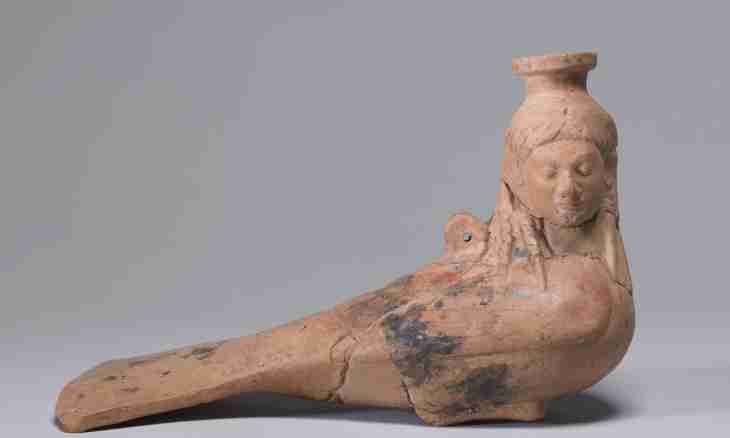In our daily talk and correspondences words which we intuitively carry to outdated quite often flash. And from remote corners of memory periodically come up exotic names: "historicism" and "archaisms". So it for words and what they differ in?
Words which were for one reason or another forced out from active vocabulary are considered as outdated, but strongly took the place in the passive dictionary of language, that is remained "pro-stock". At the same time in the majority they are quite clear to modern native speakers. We remember many obsolete words thanks to phraseological units, proverbs and sayings which invariable reach us from time immemorial:
"The man sowed turnip – there was pustornak" "Takoy-syakoy the boyar, and all not the man"
Due to the intensive cultural and economic development, some concepts and objects cease to be used and are replaced with others. Depending on the reasons for which the word lost the relevance allocate "archaisms" and "historicism".
"Archaisms" are words which designate those objects which now we call in a different way. For example: "пусторнак" is an empty plant which we call a weed. "Historicism" is names of objects and concepts which do not exist any more. But remain in our memory and protect history. For example: "boyar" - the representative of the highest estate of feudal society in the Middle Ages. As feudal society does not exist any more, and the boyar ceased to exist per se. Obsolete words after all live in our language and continue to play in it not the last role. They are actively used in fiction for transfer of color of a certain era and in the satirical purposes. Such words need to be known during the work with research materials. And in a living spoken language we often use "words from the past" for giving of expressiveness, brightness and originality of our speech.

